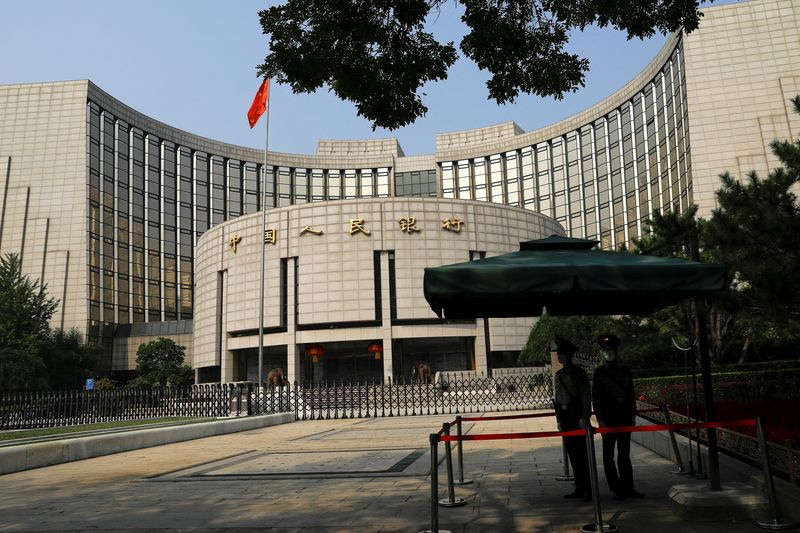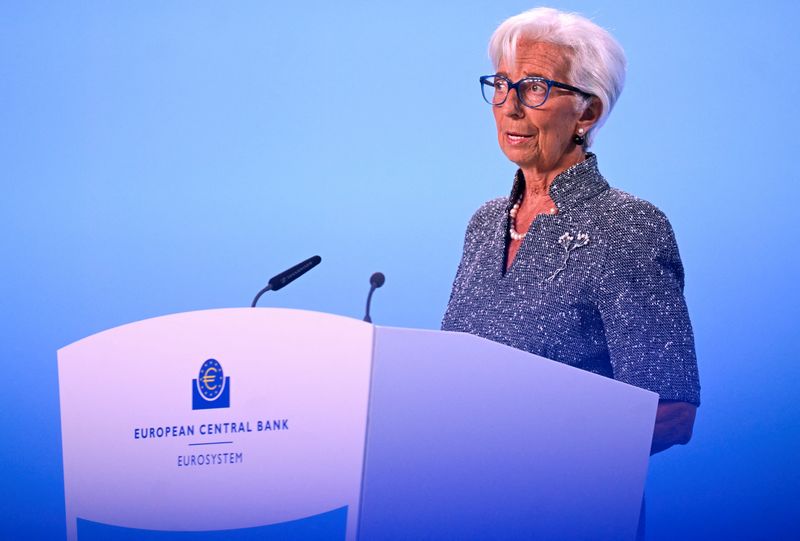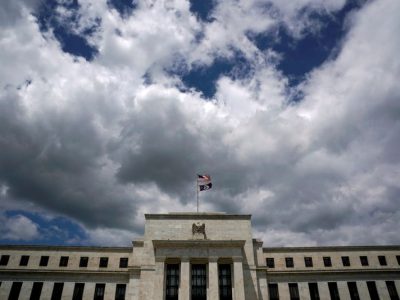
Investing.com – The new year has arrived, and Deutsche Bank (ETR:DBKGn) highlights eight themes that the bank thinks will shape the UK economy in 2025.
“It’s not all doom and gloom. Yes, uncertainty is high – but economic tailwinds are still with us. Government spending should be a boon for the economy. Household balance sheets remain healthy. And business investment remains on a tear — despite the weaker activity data seen thus far in H2-24,” analysts at the German bank said, in a note dated Jan. 6.
“The big fly in the ointment will be how the increase in payroll taxes washes through the economy. This will have important ramifications for inflation and the labor market. A temporary resurgence in inflation is our base case – particularly as energy prices also push higher.”
Overall, the bank expects the UK economy to remain steady, despite some turbulent headwinds spilling over into 2025.
“We see growth this year reaching 1.3% in 2025 (2024: 0.9%), lifted in large part by continued household spending (including a sustained increase in house prices), business investment, government spending, and some inventory building. Risks to our projections are balanced,” Deutsche Bank said.
Theme 1: Stagflation?
Deutsche Bank currently forecasts Q4-24 to see 0% q-o-q GDP growth – signalling no growth in the entire second half of 2024. But it doesn’t expect 2025 to be as weak, as underlying GDP growth has been stronger than the headlines suggest.
Theme 2: Watch energy prices.
Gas prices have soared recently – something households will be watching closely. The Ofgem Price Cap has already registered two consecutive quarterly increases. Our models now point to a hefty spring increase of near 7%-10% should gas and electricity futures prices remain steady for the next month or so. This would add another 0.25pp to our already elevated headline CPI projection for Apr-25.
Theme 3: Inflation.
The consensus may be underestimating inflation, the bank said. A central hypothesis of ours is that headline CPI will reverse course in 2025 – albeit temporarily. After averaging 2.6% y-o-y, we see price momentum rising to around 3%, citing higher energy prices, a reversal in food price momentum, the rise in employer National Insurance Contributions to also add to retail prices, and continued services inflation keeping headline CPI above-target.
Theme 4: Expect a cooler labor market.
A push higher in the unemployment rate looks likely, with jobs demand having slowed – particularly following the Autumn Budget. We see the jobless rate rising above 4.5% by late spring— above the MPC’s and OBR’s projections. Equally, we expect pay settlements will likely come in softer. As unemployment rises, and the labor market cools, pay settlements are likely to fall further.
Theme 5: House prices will push higher in 2025.
The German bank remains optimistic on house prices this year for a number of reasons. With CPI around the BoE’s target, savings becoming more liquid, we expect housing demand to pick up in 2025, adding the recent rise in mortgage approvals over the last few months is indicative of growing demand.
Theme 6: A painful sequel to the Autumn Budget?
From a fiscal policy perspective, there will be three key things to brace for in 2025. First, big revisions to the OBR’s macroeconomic projections are likely given market rate expectations and recent growth data. This should shift fiscal projections meaningfully following on from the Autumn Budget. Second, spending pressures are likely to only pickup as economic growth fails to match the fiscal watchdog’s more optimistic projections (including social benefits). Third, as a result of the above, more borrowing and tax rises, we think, will be likely this year.
Theme 7: Industrial strategy.
The Government will publish its long-awaited Industrial Strategy in 2025 – something that will make many headlines. Where the Government focuses its efforts in raising productivity – including investment – will be important. The execution of planning reform will also be critical in directing infrastructure and housing investment.
Theme 8: Geopolitics and trade will be in the spotlight.
International events will matter to the UK economy, namely how the US decides to deal with UK trade going forward. The implementation of tariffs – both direct and indirect – will weigh on domestic growth. The UK’s reset with the EU will also be an important economic and political milestone.












